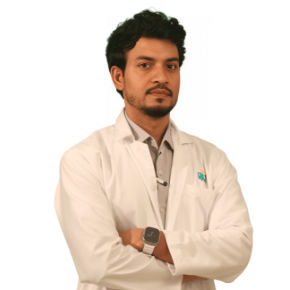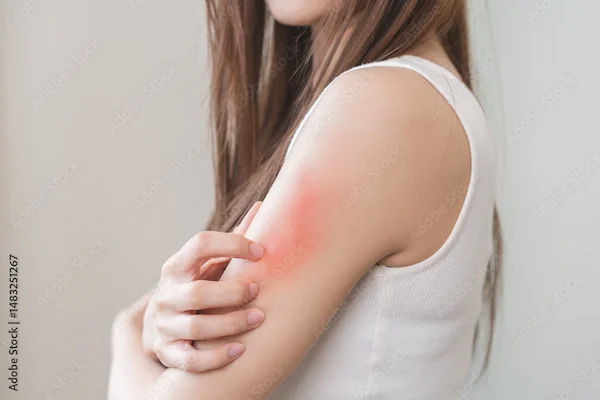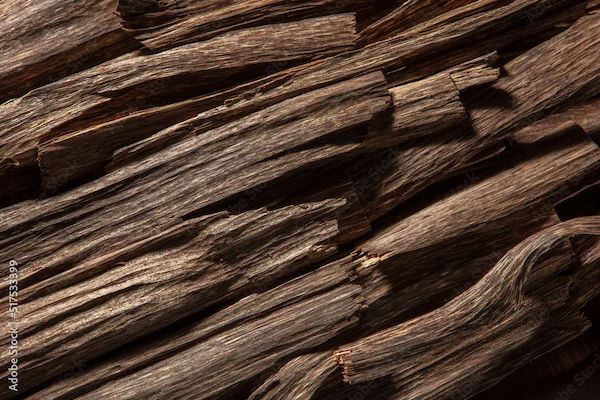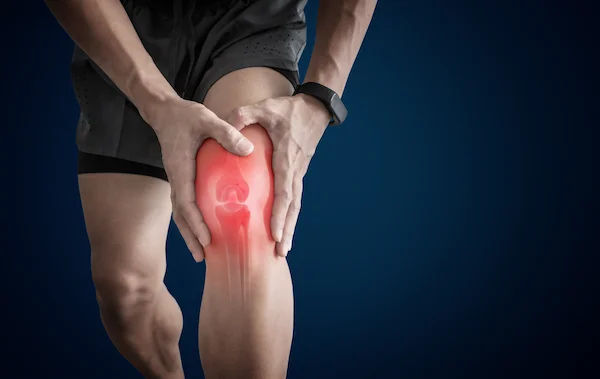Stevens-Johnson Syndrome Overview and Management
Stevens-Johnson Syndrome is a rare but severe skin reaction, often caused by medications or infections. Learn its symptoms, causes, treatment, and recovery tips.

Written by Dr. Siri Nallapu
Reviewed by Dr. Shaik Abdul Kalam MD (Physician)
Last updated on 21st Aug, 2025

Stevens-Johnson Syndrome (SJS) is a rare but serious skin condition that requires immediate medical attention. It often starts with flu-like symptoms and progresses to a painful rash, blisters, and skin peeling. While it can be frightening, understanding the condition, its causes, symptoms, and treatment options can help you take the right steps toward recovery.
What is Stevens-Johnson Syndrome?
Stevens-Johnson Syndrome is a severe skin reaction, often triggered by medications or infections. It affects the skin and mucous membranes (such as the eyes, mouth, and genitals), leading to painful blisters and peeling. In severe cases, it can be life-threatening, so early diagnosis and treatment are crucial.
Symptoms of Stevens-Johnson Syndrome
SJS usually begins with mild symptoms that worsen over time. Early signs include:
- Fever and fatigue (flu-like symptoms)
- Sore throat and cough
- Burning or stinging sensation in the eyes
- Red or purple rash that spreads quickly
- Blisters and peeling skin (similar to burns)
- Painful sores in the mouth, nose, eyes, or genitals
If you notice these symptoms, especially after starting a new medication, seek medical help immediately.
Causes and Risk Factors
SJS is most commonly triggered by:
1. Medications – Certain drugs increase the risk, including:
- Antibiotics (e.g., sulfonamides, penicillin)
- Anti-seizure medications (e.g., carbamazepine, lamotrigine)
- Pain relievers (e.g., NSAIDs like ibuprofen)
- Allopurinol (used for gout)
2. Infections – Some viral or bacterial infections, such as:
- Herpes (HSV)
- Pneumonia
- HIV
3. Genetic Factors – Some people may have a genetic predisposition that makes them more prone to SJS.
How Does SJS Affect Health?
SJS is a medical emergency because it can lead to:
- Severe skin damage (similar to burns)
- Infections due to open wounds
- Eye problems, including vision loss
- Difficulty eating and drinking due to mouth sores
- Organ damage in severe cases
Early treatment can prevent complications and improve recovery.
Consult Top General Practitioner
Diagnosis and Treatment
If SJS is suspected, doctors may:
- Review medical history (especially recent medications)
- Perform a skin biopsy (small sample test)
- Run blood tests to rule out infections
Treatment Options
- Hospitalization – Most patients need intensive care in a burn unit or ICU.
- Stopping the Trigger – Discontinuing the suspected medication.
- Wound Care – Keeping the skin clean and protected.
- Fluid and Nutrition Support – IV fluids and feeding tubes may be needed.
- Medications – Pain relief, antibiotics (if infection occurs), and sometimes steroids or immunoglobulin therapy.
Recovery and Long-Term Care
Recovery can take weeks to months, depending on severity. Some patients may experience:
- Skin discoloration or scarring
- Dry eyes or vision problems
- Emotional distress (counseling may help)
Tips for Managing Recovery
- Follow-up with doctors regularly.
- Protect your skin from sun exposure.
- Use moisturizers to help healing.
- Stay hydrated and eat a balanced diet.
- Avoid medications that trigger SJS in the future.
When to Seek Help
If you or a loved one experience:
- Sudden rash with fever
- Blistering or peeling skin
- Painful mouth/eye sores
Seek emergency care immediately.
Prevention Tips
While not all cases can be prevented, you can reduce risk by:
- Informing doctors about past drug reactions.
- Avoiding unnecessary medications.
- Monitoring for early symptoms if on high-risk drugs.
Need Help? Consult a Specialist
If you suspect SJS or need expert advice, Apollo 24|7 offers quick consultations with dermatologists and specialists. Early intervention can save lives.
Final Thoughts
Stevens-Johnson Syndrome is rare but serious. Knowing the symptoms and acting fast can make a big difference in recovery. Stay informed, take precautions, and always consult a doctor if you notice warning signs.
Consult Top General Practitioner
Consult Top General Practitioner

Dr. Mainak Baksi
General Practitioner
13 Years • MBBS , MD (MPH)
Howrah
Mainak Baksi Clinic, Howrah
(50+ Patients)

Dr. Shubham Chauhan
General Practitioner
4 Years • MBBS
Lucknow
Apollo 24|7 Clinic - Uttar Pradesh, Lucknow

Dr. Md Yusuf Shareef
General Practitioner
8 Years • MBBS
Hyderabad
Apollo 24|7 Clinic, Hyderabad

Dr. Rajib Ghose
General Practitioner
25 Years • MBBS
East Midnapore
VIVEKANANDA SEBA SADAN, East Midnapore

Dr. Tanmaya Kumar Sahu
General Physician/ Internal Medicine Specialist
12 Years • MBBS, MD ( Internal Medicine )
Bhubaneswar
Apollo Hospitals Old Sainik School Road, Bhubaneswar
Consult Top General Practitioner

Dr. Mainak Baksi
General Practitioner
13 Years • MBBS , MD (MPH)
Howrah
Mainak Baksi Clinic, Howrah
(50+ Patients)

Dr. Shubham Chauhan
General Practitioner
4 Years • MBBS
Lucknow
Apollo 24|7 Clinic - Uttar Pradesh, Lucknow

Dr. Md Yusuf Shareef
General Practitioner
8 Years • MBBS
Hyderabad
Apollo 24|7 Clinic, Hyderabad

Dr. Rajib Ghose
General Practitioner
25 Years • MBBS
East Midnapore
VIVEKANANDA SEBA SADAN, East Midnapore

Dr. Tanmaya Kumar Sahu
General Physician/ Internal Medicine Specialist
12 Years • MBBS, MD ( Internal Medicine )
Bhubaneswar
Apollo Hospitals Old Sainik School Road, Bhubaneswar




